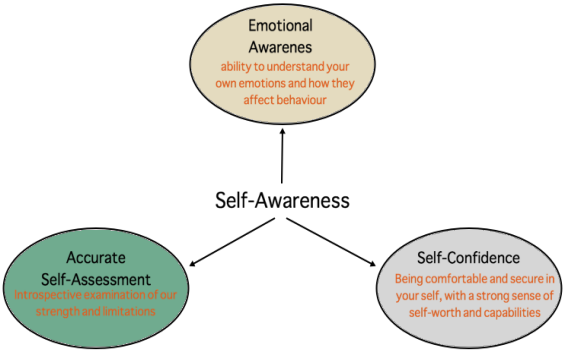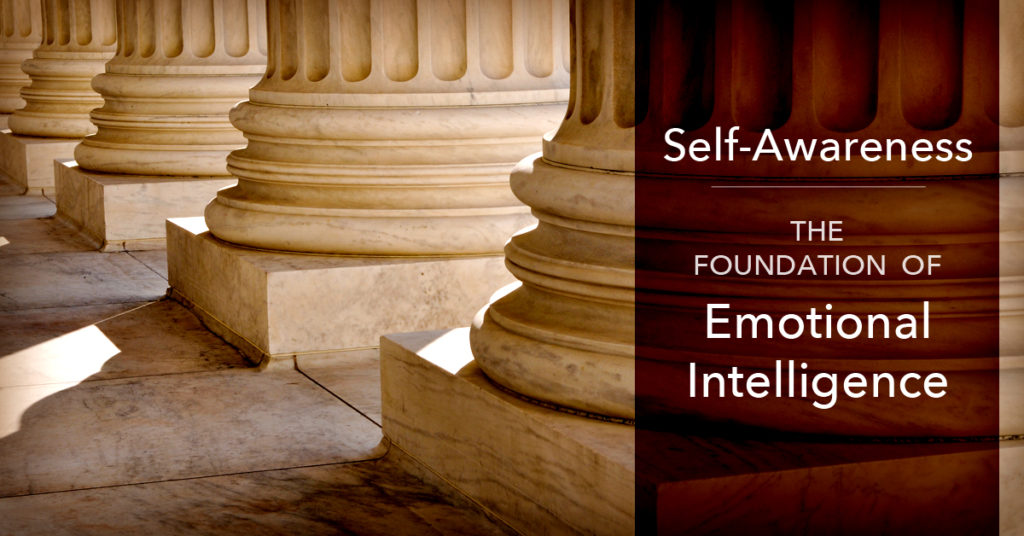Table of Contents
Emotional Intelligence And Self-awareness - Irving Texas
Do not forget to download our 3 Self Empathy Exercises totally free. Council for Accreditation of Therapy and Related Educational Programs. (2017 ). 2009 Standards. Retrieved from Dana, E. R., Lalwani, N., & Duval, S. (1997 ). Goal self-awareness and focus of attention following awareness of self-standard discrepancies: Altering self or changing requirements of accuracy.
Duval, S., & Wicklund, R. A. (1972 ). A theory of objective self-awareness. Academic Press. Eurich, T. (2018, January 4). What self-awareness truly is (and how to cultivate it). Harvard Business Evaluation. Retrieved from https://hbr. org/2018/01/ what-self-awareness-really-is-and-how-to-cultivate-it Goleman, D. (2001 ). Psychological intelligence: Problems in paradigm structure. In C. Cherniss & D. Goleman (Eds.) The mentally intelligent work environment.
James, C. (2011 ). Law student wellbeing: Advantages of promoting psychological literacy and self-awareness using mindfulness, strengths theory, and psychological intelligence. Legal Education Review, 21( 2 ). Ridley, D. S., Schutz, P. A., Glanz, R. S., & Weinstein, C. E. (1992 ). Self-regulated learning: The interactive influence of metacognitive awareness and goal-setting. The Journal of Speculative Education, 60, 293306.

A., Tractenberg, R. E., Chaterji, R., Amri, H., Harazduk, N., Gordon, J. S., Haramati, A. (2007 ). Promoting self-awareness and reflection through an experiential mindbody abilities course for first-year medical trainees. Medical Teacher, 29, 778784. Silvia, P. J., & Duval, T. S. (2001 ). Objective Self-Awareness Theory: Current development and enduring issues.
Silvia, P. J., & O'Brien, M. E. (2004 ). Self-awareness and constructive performance: Reviewing "the Human Issue." Journal of Social and Scientific Psychology, 23, 475489. Sutton, A. (2016 ). Measuring the impacts of self-awareness: Building and construction of the Self-Awareness Outcomes Survey. Europe's Journal of Psychology, 12, 645658. Sutton, A., Williams, H. M., & Allinson, C.
What Self-awareness Really Is (And How To Cultivate It) Arlington TX
( 2015 ). A longitudinal, mixed-method examination of self-awareness training in the work environment. European Journal of Training and Advancement, 39, 610627. Trent, N. L., Borden, S., Miraglia, M., Pasalis, E., Dusek, J. A., & Khalsa, S. B. S. (2019 ). Improvements in mental and occupational health and wellbeing in a practical controlled trial of a yoga-based program for experts.
Emotional Self-Awareness is the capacity to tune into your own sensations, sense inner signals, and acknowledge how your sensations impact you and your performance. It is a crucial skill for leadership at any level, as well as many aspects of life. The purpose of developing Emotional Self-Awareness is that it enables us to comprehend how our bodily sensations and our feelings effect ourselves, others, and our environment.
Hence, the more we practice it, the more competent we become and the higher our capacity to recognize the space between stimuli and our action to that stimuli, guaranteeing a more conscious and skillful method. Without Psychological Self-Awareness, it is hard to become proficient in and regularly utilize the other Emotional and Social Intelligence Competencies.

This is the very first in a series of Guides that checks out each of the 12 Psychological and Social Intelligence Management Competencies, with a comprehensive overview of the Competency Model itself. Daniel Goleman, Richard Boyatzis, Richard Davidson, Vanessa Druskat, and George Kohlrieser describe the Competencies: what they are, why they matter, and how to develop them.

Overall length is 62 pages, plus citations. Soft cover. Saddle Stitched Additional primers in this series are:: globally understood psychologist and author of Emotional Intelligence, Social Intelligence, and Dealing With Psychological Intelligence, Founder and Chair of the Center for Healthy Minds, University of Wisconsin-Madison and New York Times bestselling author of The Emotional Life of Your Brain, globally acknowledged specialist and specialist on group emotional intelligence and Associate Professor of Organizational Habits and Management at the Peter T.
Emotional Intelligence In Leadership - From Fourlenses Flower Mound Texas
A number of us understand IQ (Intelligence Ratio). Developed to determine intellectual intelligence, it offers a score from a series of tests. Greater IQs suggest better cognitive abilities, or the ability to discover and comprehend. Individuals with higher IQs are more most likely to do well academically without exerting the exact same amount of psychological effort as those with lower IQ scores.
Table of Contents
Latest Posts
Self-awareness: The Foundation Of Emotional Intelligence Lancaster TX
How To Develop Self-awareness & Emotional Intelligence Rockwall TX
Tips For Leaders To Improve Their Self-awareness Sunnyvale Texas
Navigation
Latest Posts
Self-awareness: The Foundation Of Emotional Intelligence Lancaster TX
How To Develop Self-awareness & Emotional Intelligence Rockwall TX
Tips For Leaders To Improve Their Self-awareness Sunnyvale Texas